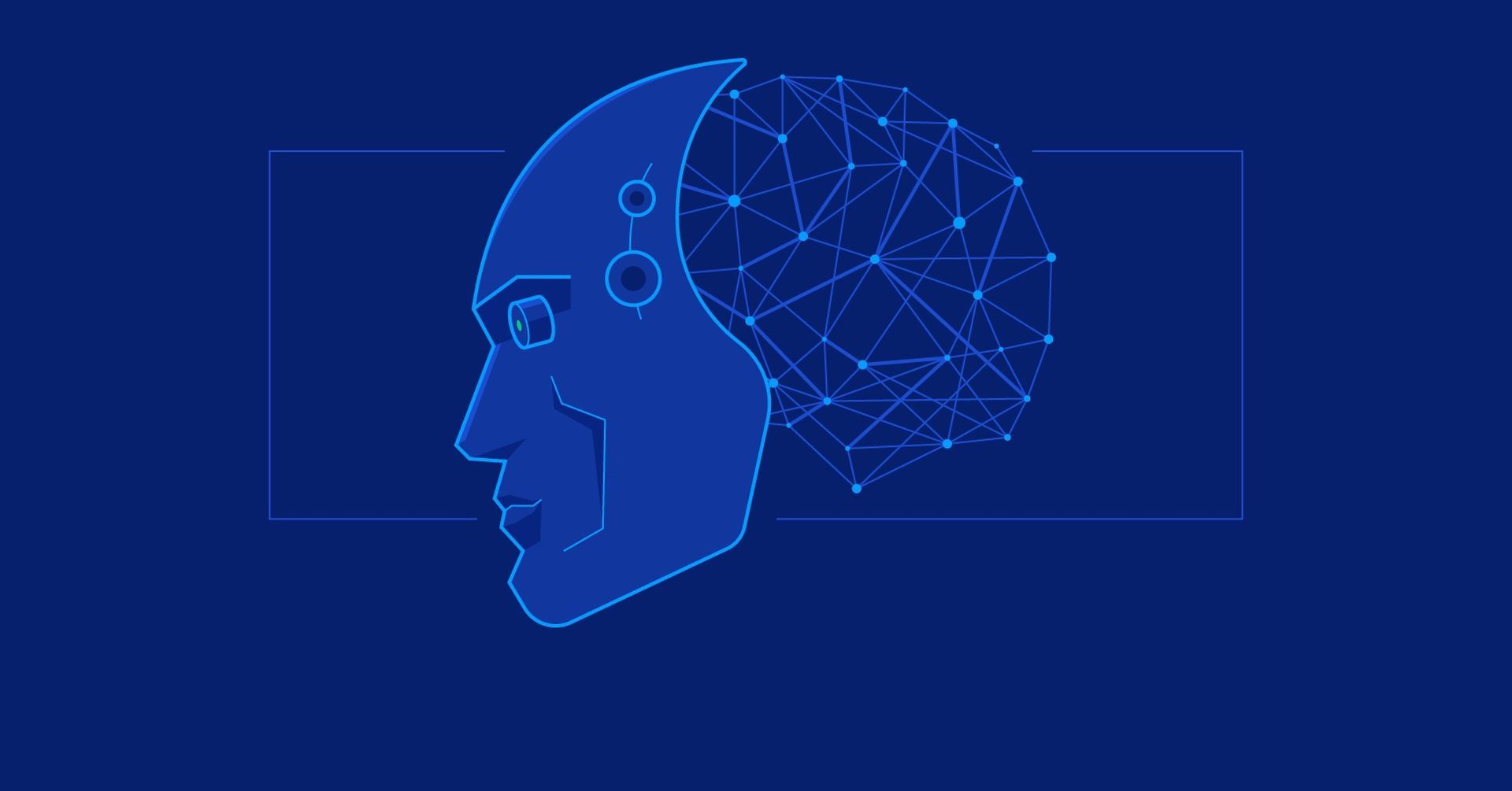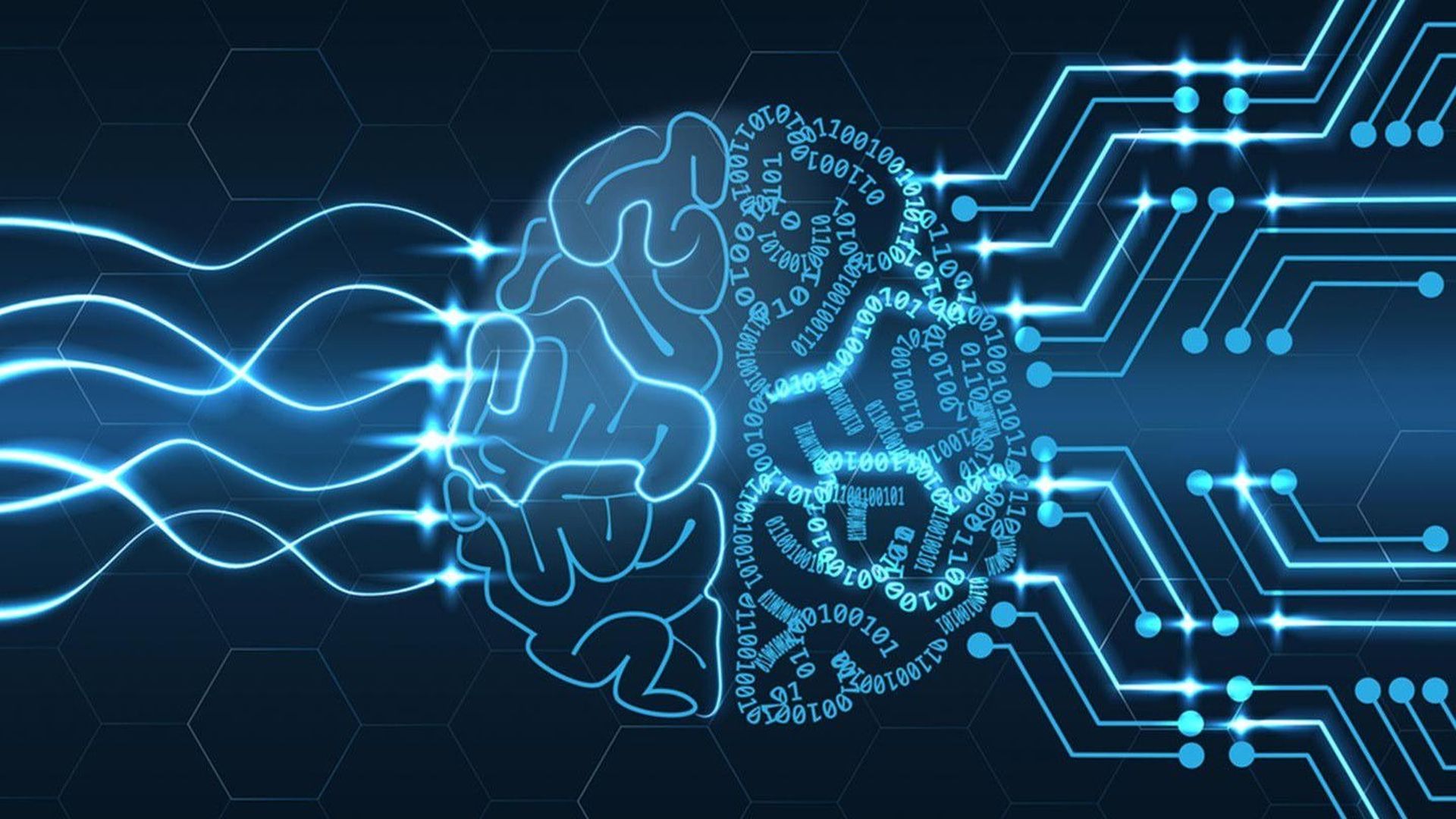Pentagon’s future AI projects will be led by Lyft’s Machine Learning Director, Craig Martell. After learning that Martell was on track to become the Pentagon’s new chief digital and AI officer, Breaking Defense spread the news.
Craig Martell will be heading Pentagon’s AI projects
Martell has significant AI industry knowledge, but he has no background in navigating public-sector red tape. The Pentagon is expecting Martell to plunge headfirst into things in that regard, and he is fully aware of the situation.
“I don’t know my ways around the Pentagon yet and I don’t know what levers to pull. So I’m also excited to be partnered up with folks who are really good at that as well,” told Martell to Breaking Defense.
Over the first three to six months, he expects to focus on “marquee customers” and the systems required to enhance his office. The 2023 fiscal year will cost him roughly $600 million in funding.

Cutting-edge technologies, on the other hand, are more frequently developed by agile private businesses. However, many public sector usage contracts – particularly in areas such as law enforcement and defense – attract such criticism that they are abandoned.
Google’s Project Maven contract with the US Department of Defense to provide AI technology to examine drone video footage is a good example of that. After it was revealed, over 4,000 workers signed a petition asking Google’s management to stop working on Project Maven and promise not to develop warfare technologies again.
The Pentagon’s former chief software officer, Nicolas Chaillan, resigned in September 2021 in protest of the US having “no competing fighting chance against China in 15 to 20 years” regarding artificial intelligence.
According to Chaillan, the main issue is that US firms such as Google are hesitant to collaborate with the government on AI due to ethical concerns about it. In contrast, Chinese companies are required by law to work with their government and have little regard for ethics.
Given the massive public sector in China, it’s unlikely that Chinese authorities will pressure private firms to share their technology and knowledge outside of wartime. Attracting talent like Martell may help the Western public sector achieve the same level of agility that rivals have without adopting similar Orwellian tactics.

“If we’re going to be successful in achieving the goals, if we’re going to be successful in being competitive with China, we have to figure out where the best mission value can be found first and that’s going to have to drive what we build, what we design, the policies we come up with,” he told.
The CDAO will take over responsibility for Advana, the Department of Defense’s developing analytics platform, and other enterprise-wide platforms to create a “data-as-a-service” model that can identify authoritative data sources and incorporate them in a standard way. By May 1, Deputy Secretary of Defense Kathleen Hicks has ordered the CDAO to conduct an analysis of data, analytics, and AI authorities and governance structures and make recommendations.
“With Craig’s appointment, we hope to see the department increase the speed at which we develop and field advances in AI, data analytics, and machine learning technology. He brings cutting-edge industry experience to apply to our unique mission set,” Hicks said.

At Lyft, Martell oversaw the development of algorithms that underpin key functions such as pricing, dispatch, and fraud detection. In an interview last year, he said that instead of algorithms being more important than ever before, it’s all about how well they fit into a larger framework of engineering and operational excellence and how timely relevant data is.
Craig Martell has a lot of experience applying machine learning to predict consumer behavior, as well as the army of drivers that powers the Lyft app. Now he will lead Pentagon’s future AI initiatives.





